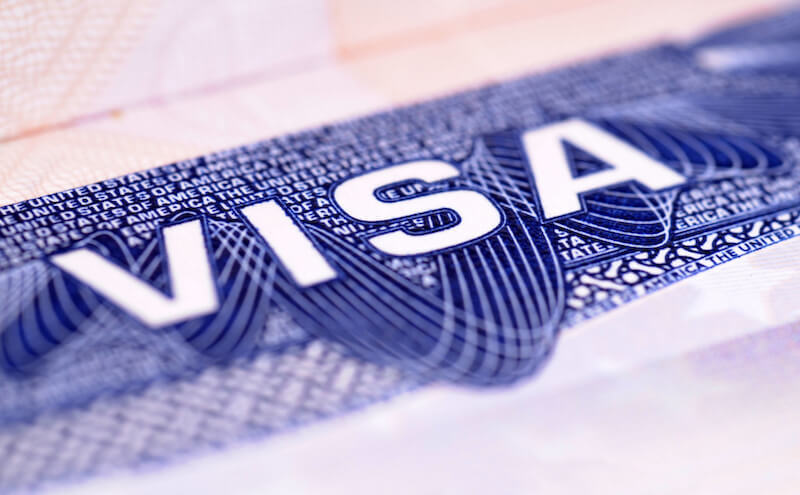The U.S. State Department is planning to require visa bonds of up to $15,000 for certain tourism and business visas, according to a draft temporary final rule.
Under a 12-month pilot program, the visa bonds would apply to visitors from countries with high visa overstay rates.
The Federal Register is set to publish the notice for the visa bond pilot program on August 5.
The initiative echoes a similar rule proposed in November 2020, near the end of the Trump administration, which aimed to require hefty bonds for travelers from two dozen countries—primarily in Africa—with overstay rates of 10% or higher. That earlier program, designed to deter violations of visa terms, was never implemented.
Program Details
The pilot program aims to test the feasibility of posting, processing, and refunding visa bonds in cooperation with the Department of the Treasury and the Department of Homeland Security (DHS). The stated goal is to “ensure nonimmigrants comply with the terms and conditions of their visas and depart the U.S. on time.”
The State Department has not yet released the list of affected countries but will announce it on the Travel.State.Gov website at least 15 days before implementation. The list may change with the same advance notice.
Travelers subject to the bond would have it refunded when they:
- Depart the United States on time
- Become naturalized U.S. citizens
- Or in the event of death
Countries will be selected based on several factors:
- High visa overstay rates
- Screening and vetting deficiencies
- Concerns about citizenship-by-investment programs without residency requirements
- Foreign policy considerations
Implications
For affected travelers, a bond requirement adds a substantial upfront cost in addition to existing visa application fees. While refundable, it effectively acts as a temporary financial hold, which could deter legitimate business and tourism visits. Further, the program’s selection criteria—such as “foreign policy considerations” and “screening deficiencies”—are broad and subjective, potentially leading to inconsistent application or disputes over eligibility. Furthermore, U.S. businesses, nonprofits, and religious institutions that invite visitors from affected countries may face delays, added costs, and reduced participation in programs, conferences, or events.
What Comes Next
If implemented, the State Department will monitor the pilot program’s operational and enforcement outcomes before deciding whether to make it permanent or expand it. For now, travelers from potentially affected countries are being urged to watch official announcements closely and factor possible bond costs into their trip planning.
With global tourism still recovering and the U.S. facing steep competition from other destinations, the question remains whether these bond requirements will protect U.S. immigration integrity—or push visitors elsewhere.
If you have any questions about visa bond pilot program, please contact our office for guidance. At HSD Immigration Lawyer, we specialize in complex employment– investment- and family-based immigration matters.


